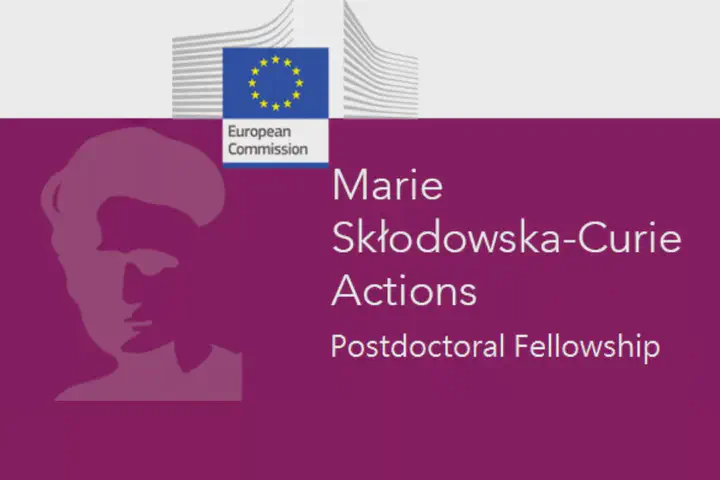The RStone Project. A Global Marie Skłodowska-Curie Postdoctoral Fellowship
 Logo from the European Union
Logo from the European UnionSummary
The RStone project aims to develop standardized methods for recording lithic traits and conduct comprehensive analyses across several sites in Malawi, Mozambique, Namibia, and South Africa. RStone emphasizes open science practices, providing open-source tools and datasets, and aims to engage and support young African researchers.
Involved institutions
- New York University (Prof. J. Pargeter) for the outgoing phase (two years)
- University of Algarve, ICArEHB (Prof. N. Bicho) for the return phase (one year)
- University of Washington (Prof. B. Marwick) for the research secondment (four months)
Project Goals
- Standardize lithic trait recording through replicability experiments.
- Collect novel lithic data from well-dated MIS3 stratigraphic sequences.
- Conduct quantitative inter-site comparisons to understand techno-typological similarities and differences.
Start date: September 2025
Achieved score: 100% (Maximum possible score)
Project’s abstract
Our species emerged from gene flow between structured populations across various regions of Africa. This process entailed intermitted events of coalescence and fragmentation, visible in late Pleistocene archaeological records through changing patterns of lithic technological similarity. In this framework, the MIS3 (59–28 ka) is a particularly intriguing period because archaeologists working in southern Africa have hypothesized that the marked regional variance in lithic technology is ascribable to cultural fragmentation and reduced information exchange among dispersed populations.
However, it may also stem from the lack of a replicable system for recording and statistically analyzing lithic traits. The RStone project seeks to address this research challenge by pursuing three primary objectives. Firstly, it will develop a standardized method for recording lithic traits through comprehensive replicability experiments. Secondly, it will utilize this established recording system to collect novel lithic data from seven well-dated MIS3 stratigraphic sequences across Malawi, Mozambique, Namibia, and South Africa. Finally, it will conduct a quantitative inter-site comparison to explore techno-typological similarities and differences and determine whether the observed variance follows a pattern of isolation by distance or if other factors, such as geological constraints, played a role in shaping the way in which human foragers produced stone tools. This research will yield valuable open-source tools implemented in the R programming language and high-resolution datasets. In line with open science practices, RStone will prioritize the transfer and sharing of these resources, with a particular focus on engaging young African researchers. The extensive collaboration network will ensure a robust dissemination of results while positioning the fellow as a key figure in exploring the intricate interplay between human cultural diversity and population dynamics during the Pleistocene.